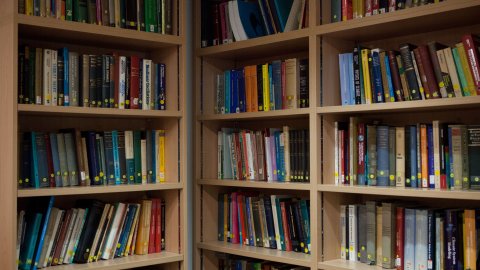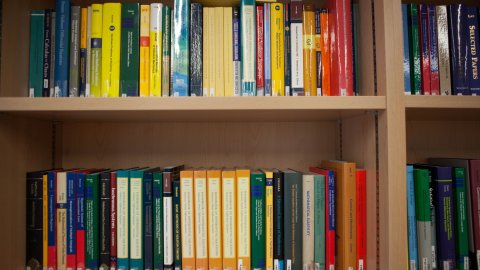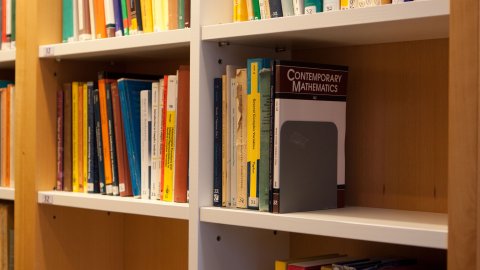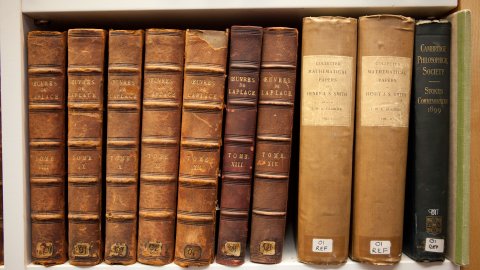Ricci Flow as a mollifier
Abstract
A familiar technique in PDE theory is to use mollification to adjust a function controlled in some weak norm into a smooth function with corresponding control on its $C^k$ norm. It would be extremely useful to be able to do the same sort of regularisation for Riemannian metrics, and one might hope to use Ricci flow to do this. However, attempting to do so throws up some fundamental problems concerning the well-posedness of Ricci flow. I will explain some recent developments that allow us to use Ricci flow in this way in certain important cases. In particular, the Ricci flow will now allow us to adjust a `noncollapsed’ 3-manifold with a lower bound on its Ricci curvature through a family of such manifolds, without disturbing the Riemannian distance function too much, and so that we instantly obtain uniform bounds on the full curvature tensor and all its derivatives. These ideas lead to the resolution of some long-standing open problems in geometry.
No previous knowledge of Ricci flow will be assumed, and differential geometry prerequisites will be kept to a minimum.
Joint work with Miles Simon.






